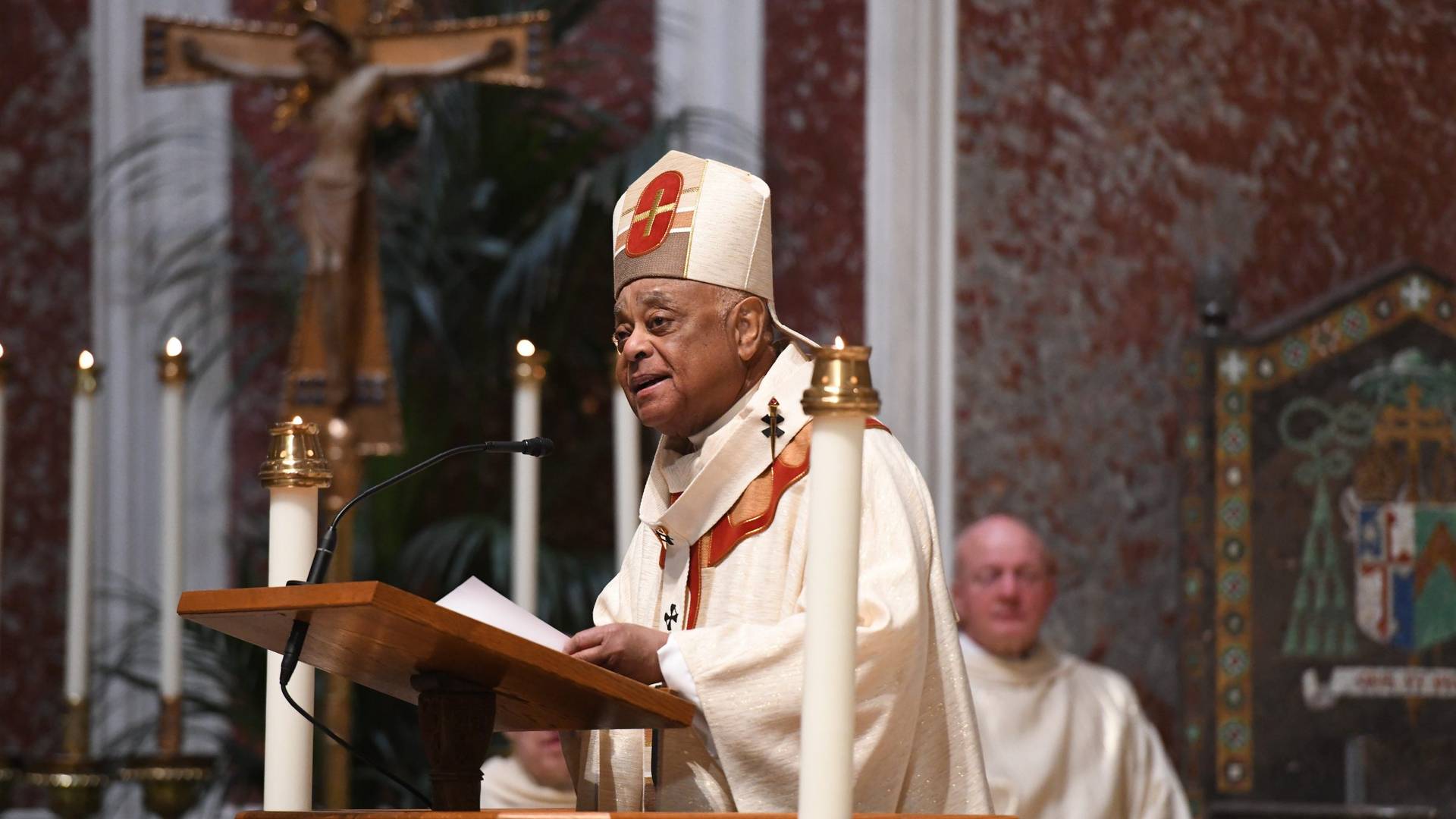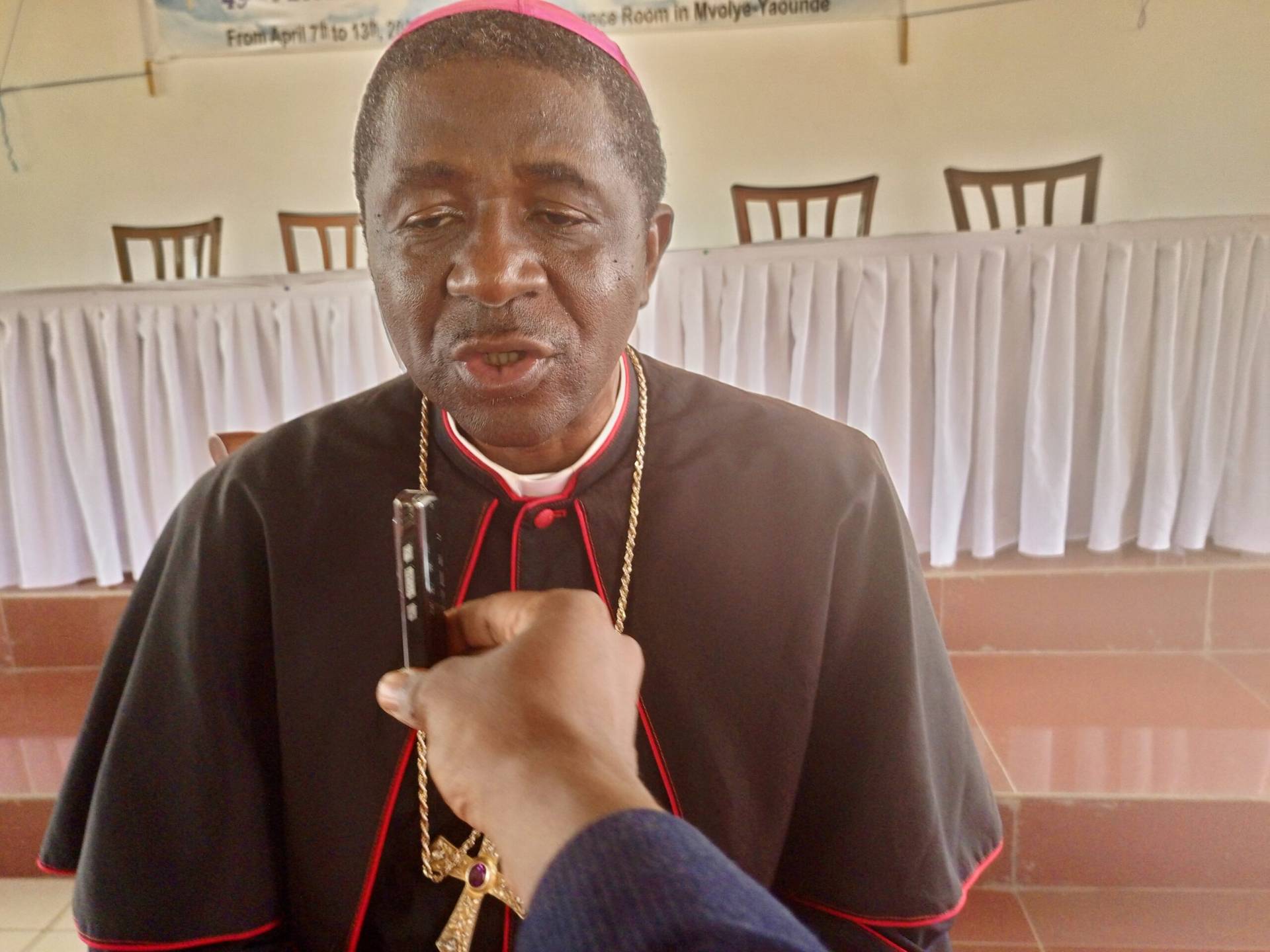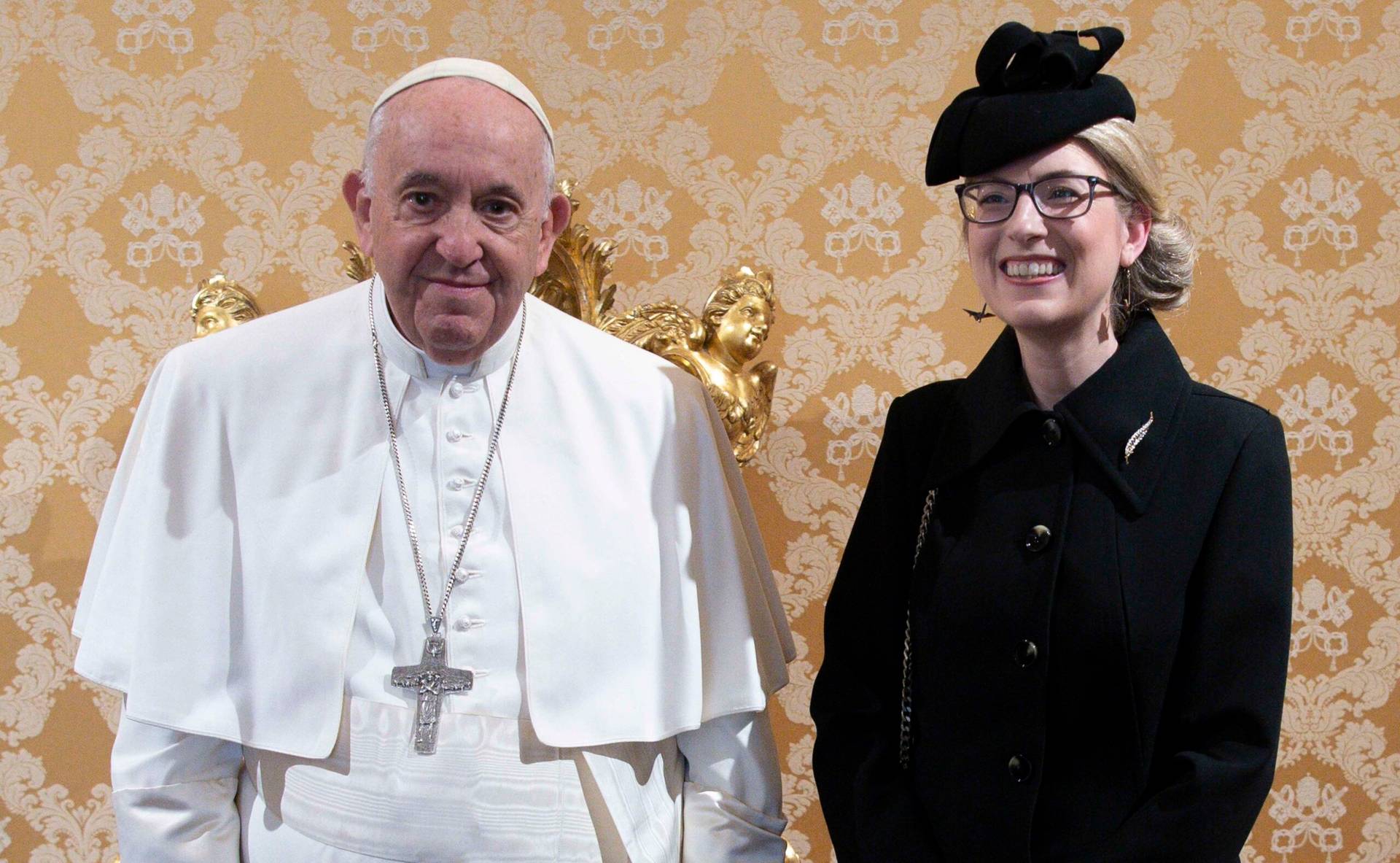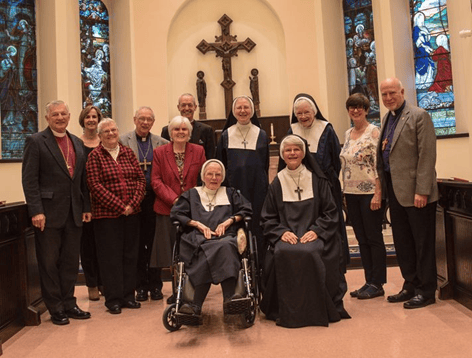YAOUNDÉ, Cameroon – Mozambique is experiencing a growing insurgency that is causing “truly indescribable” horror, according to a leading Catholic charity.
The Islamist insurgency is taking place in the northern Cabo Delgado province. The al-Shabab – an Arabic word for “the young men” or “the lads” – are affiliated with the Islamic State Group. Although sharing the same name as the main Islamist group in Somalia, they are not affiliated with them – the Somali al-Shabab are affiliated with al Qaeda.
The insurgency began after locals objected to a liquid $60 billion natural gas (LNG) project operated by the French company, Total. Residents in Cabo Delgado have long complained that the wealth generated doesn’t trickle down to them. These complaints triggered the insurgency that began in 2017.
The insurgents have committed several atrocities in the region, including mass beheadings.
“Africa is no stranger to violence on a vast scale but even by these standards, the horror of what is unfolding in Mozambique is truly indescribable – almost beyond compare,” said John Pontifex of Aid to the Church in Need UK.
“If Daesh [another name for the Islamic State] succeeds in a campaign of conquest, we can be in no doubt of the horrors to be visited on the people under the militants’ control. I have visited parts of Iraq and Syria soon after Daesh had been forced out and the misery inflicted the devastation and desecration, which we witnessed for ourselves, chilled me to the bone,” he told Crux.
Crux: How would you describe the scale of violence in Cabo Delgado province of northern Mozambique?
Pontifex: Africa is no stranger to violence on a vast scale but even by these standards, the horror of what is unfolding in Mozambique is truly indescribable – almost beyond compare. Obviously, it is too early to give too precise an assessment but the reports we are receiving are beyond our worst fears – reports of children as young as 11 being beheaded and our Aid to the Church in Need (ACN) project partners have reached out to us in sheer desperation to help people find sanctuary, food and shelter.
What would be the greatest danger of the insurgents taking over control of the region?
Getting reliable reports out of a region in an unprecedented state of flux and panic is of course hard but it is beyond dispute that Daesh [another name for the Islamic State] has carried out a massive military offensive. If Daesh succeeds in a campaign of conquest, we can be in no doubt of the horrors to be visited on the people under the militants’ control. I have visited parts of Iraq and Syria soon after Daesh had been forced out and the misery inflicted the devastation and desecration, which we witnessed for ourselves, chilled me to the bone.
In what ways has this crisis particularly affected Christians in the area?
Our assessment at ACN is that Muslim as well Christian institutions are being attacked, but that in no way takes away from the seriousness of the militants’ evident intent to target the Church. One of our project partners, Sister Ramos Queiroz has reported widespread attacks on Christian communities, with several churches destroyed completely. She said six of the 23 parishes in the diocese of Pemba are now deserted. Now, we hear claims that the militants have bragged about “killing dozens of Mozambican armed forces and Christians.” This goes a long way to explain the mass exodus of Christians and the urgent need to provide internally displaced persons (IDPs) with emergency assistance.
ACN has stepped in with help. How much help has your charity provided to the needy populations, and is it enough to meet the needs?
Last week, ACN sent out a 160,000 Euro ($190,000) emergency aid package providing food stuffs such as flour, beans, salt and cooking oil as part of a program of urgent assistance for more than 360,000 people facing acute hunger in Cabo Delgado. This comes on top of the trauma counselling that the charity has been providing. The need is far greater than can be met by ACN aid but because our project partners are so well placed on the ground, embedded within their communities, they are able to deliver well-targeted support. We would like very much to give more help, and this is all the more necessary given concerns about a rise in COVID-19 cases in displacement camps and an outbreak of cholera.

















